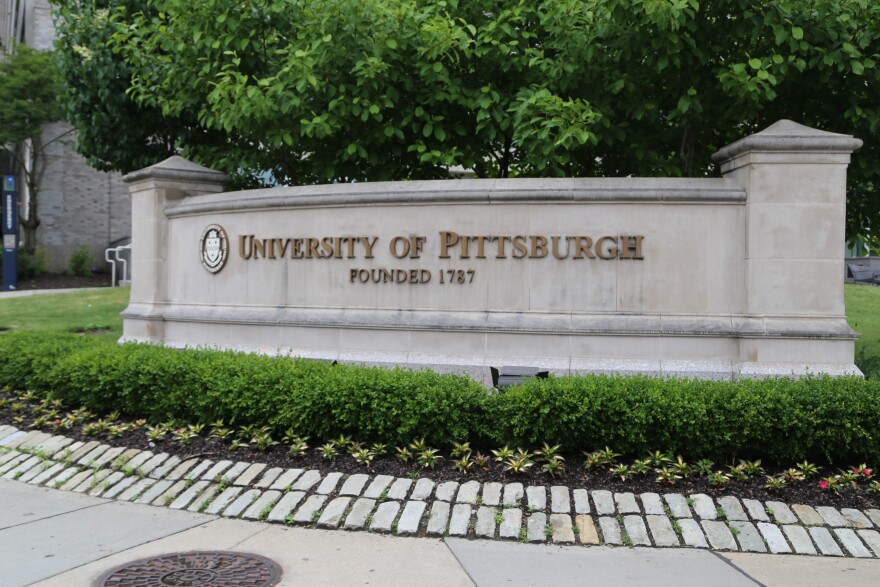A lack of affordable housing in the initial plans for Oakland Crossings was one reason the development has drawn opposition from residents and community groups. In January, and again in February, Pittsburgh Mayor Ed Gainey’s office has paused the city’s approval process for the project, in order to address the concerns of all parties.
For the last year, the University of Pittsburgh has worked on a housing initiative that aims to help its employees live in Oakland. The university wants to launch a pilot of its “walk-to-work” strategy by year’s end, an official told a meeting of the Oakland Business Improvement District on Monday.
Paul Supowitz, Pitt’s vice chancellor for government relations, said the program has two goals: to “attract and retain employees at the University of Pittsburgh,” and “to drive more non-student residents” to live in Oakland.
“Employee-assisted housing” was part of the university’s most recent institutional master plan, which the city approved in July 2021. The strategy was presented as a way to help reduce pressures on the neighborhood while contributing to its vitality.
In order to attract the amenities that neighborhood residents want to see, Supowitz said, “You need to have a density of year-round residents to support businesses, to support things like a grocery store.”
Pitt envisions offering a housing subsidy to all employees, using a tiered program that would provide the greatest level of support to those who earn the least. In addition, Supowitz said the university wants the incentive to apply to all housing types, and to both for-sale and for-lease homes.
“Some of our staff who are at the lower ends of the pay scale have some of the farthest commutes,” he said. “That really underscored the importance of a program that will provide” support.
Discussion of Pitt’s walk-to-work housing program has most often been in the context of Walnut Capital’s proposed Oakland Crossings development. Initial plans for the controversial 17-acre project committed 10% of the future apartments to employees of a third party, Pitt.
Supowitz acknowledged that there is “a lot of tension” surrounding Oakland Crossings, and said the development, if approved, would just be one place where the university’s walk-to-work program would apply.
Pitt hopes to launch the initial pilot by the end of the calendar year but there are still details to be worked out; Supowitz also said officials will expect to continue to tweak it “to make it the best program that we can.” The program has already evolved through conversations and data analysis over the past year, he added.
The subject of the Business Improvement District’s virtual meeting on Monday was “equity in Oakland.” It featured a series of projects underway in the neighborhood.
Walnut Capital Todd Reidbord also presented to the group, and said the company is working with Mayor Ed Gainey’s office to “create affordable housing separate and apart from the University of Pittsburgh’s walk-to-work” program in the company’s developments.




